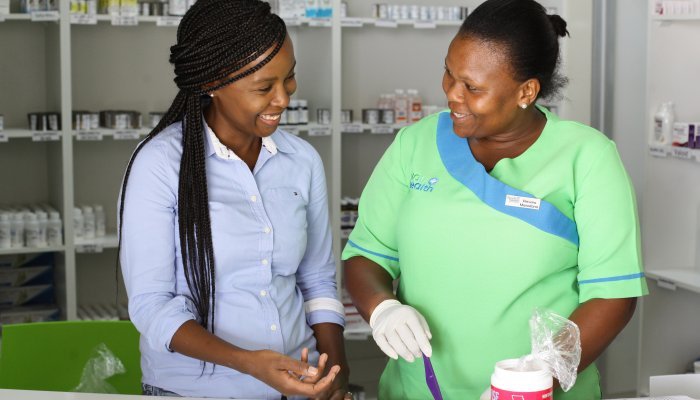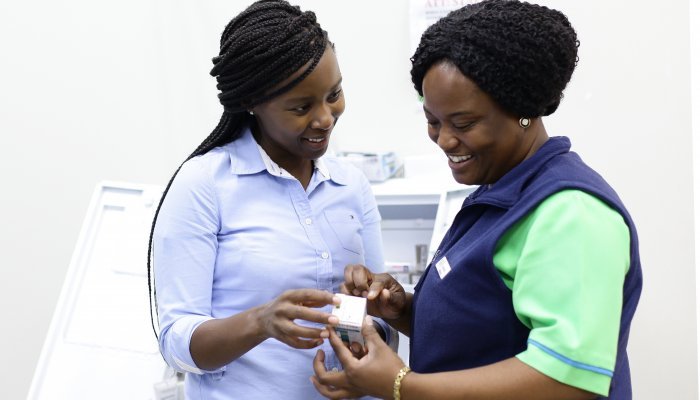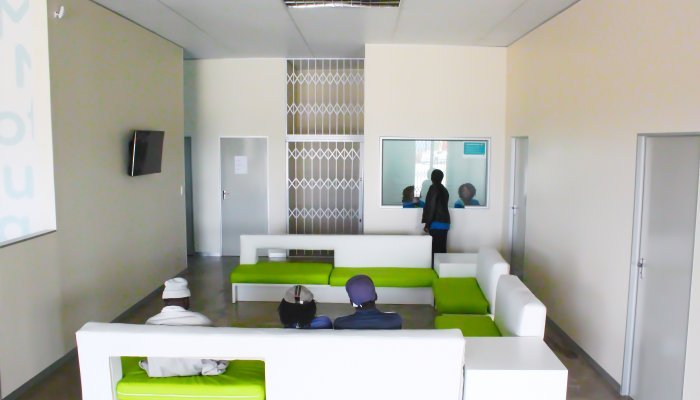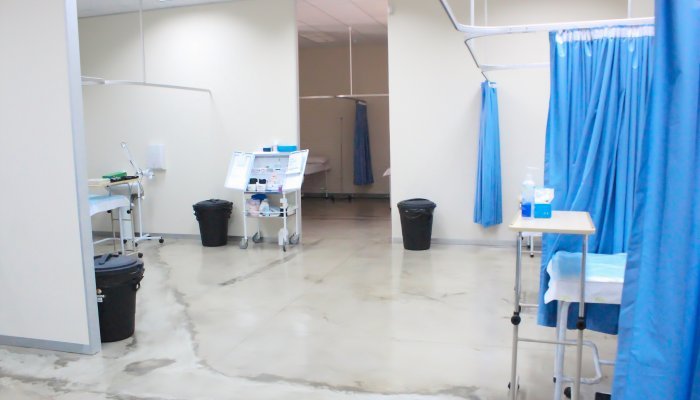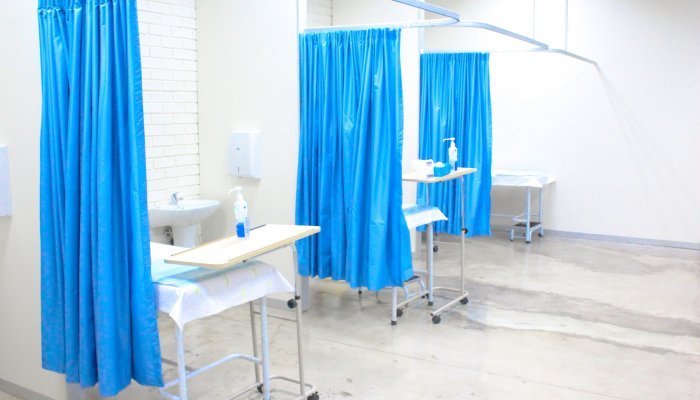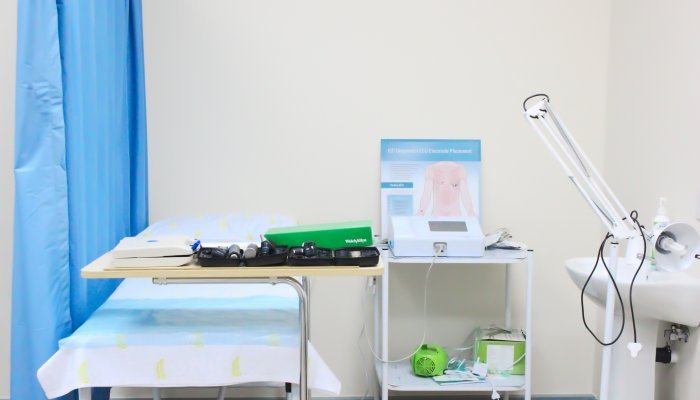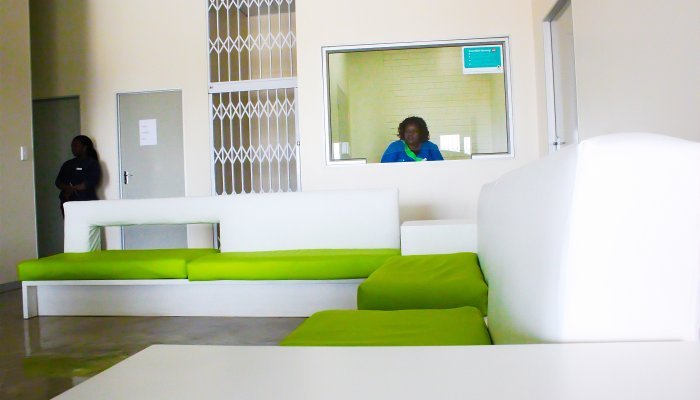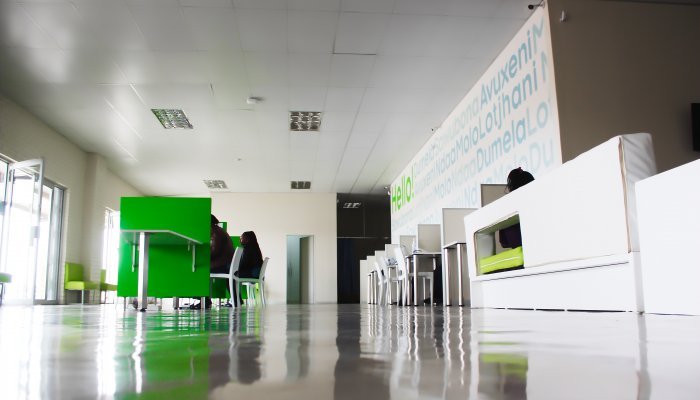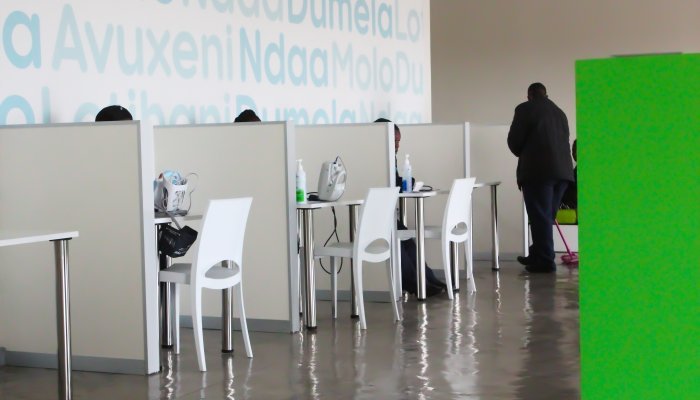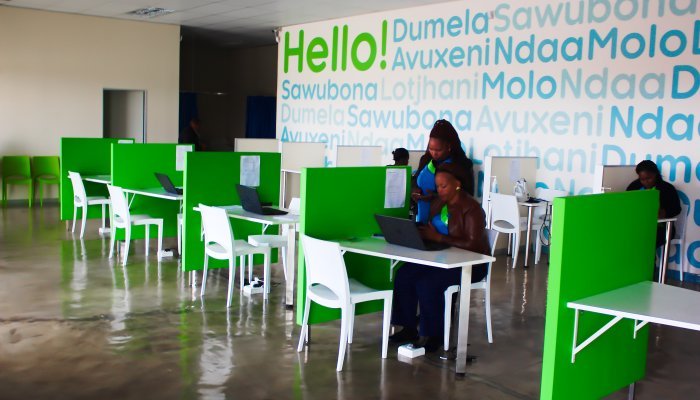Diepsloot’s bustling Peach Street is Capitalism 101, a graphic illustration of the fact that identifying and servicing the needs of our fellow humans is the primary mainspring of all economic activity. But it also demonstrates that much of business simply follows existing patterns. Whether it’s a township street, a mall or the JSE, what has been successful tends to be replicated ad infinitum.
Well and good, but the real power of capitalism lies in its ability to generate new and innovative ways of servicing these human needs. Such disruptions can turn established ways of doing things upside down, undermining existing business models but also yielding big rewards. These rewards are seldom just material; most true disruptors are motivated as much by their idea as the prospect of wealth.
Not surprisingly, such disruptors are rare.
A short few blocks from Peach Street, there’s a real chance that just such a disruption is coming quietly to the boil. It has the potential to reshape the health care industry and, in the process, bring quality health care within the reach of more South Africans.
Democratising quality health care
Qualihealth is the brainchild of Nthabiseng Legoete, a medical doctor who has just completed her MBA at GIBS. Dr Legoete qualified as a medical doctor 12 years ago and has spent nine of those years in the private health care sector, an experience that convinced her that this was a business model ripe for disruption. However, unlike many, she does not see the health sector as a set of mutually incompatible opposites, with the solution depending on getting the expensive but efficient private sector effectively to subsidise a sclerotic public health sector characterised by queues, inefficiency and variable quality. Rather, she believes rethinking the private health care model would make many of its benefits accessible to a much greater pool of people—thus, presumably, lessening the strain on the public system.
“Most people wanted to pigeonhole me as an NGO that needed funding, but what I wanted was investment into a new type of health care business—I want to democratise quality health care,” says Dr Legoete. “They just couldn’t get it.”
So severe was the disconnect, she had to self-fund the project. However, since she opened in May and people could see what she meant, it seems that funders have woken up to the potential of her model.
So what’s it all about—and just what is the model?
Located in a small centre close to Peach Street, next door to a popular butchery, Qualihealth’s premises are spacious and minimalist but not without a certain stylishness—think an industrial coffee bar with lime-green accents.
What becomes obvious is that Dr Legoete has essentially applied the thinking one would normally associate with manufacturing to health care. The system is designed to move patients (here called guests) through a defined set of processes to achieve the desired outcome—diagnosis and treatment—as quickly as possible. One key selling point, and one that anybody using the public health system would value: there are simply no queues. Patients move rapidly from reception, where their basic demographic details are captured, to a nurse’s station for vital signs, to the cashier for the payment of the R250 all-in fee, and then onto the consultation rooms for diagnosis and then to the dispensary.
Getting it right
A number of key principles underlie this process, and could be said to constitute the essence of Dr Legoete’s business model.
The first principle is to use appropriately qualified staff for the job in hand. Thus, the personnel taking vital signs are not registered nurses but are rather drawn from the lower gradings—in short, no Rolls-Royces used for a bakkie’s job. The same thinking is evident in the medical area as such—most patients are seen by a clinical associate, with the practice’s two doctors fulfilling a quality-assurance role. They see only those patients who need that level of attention.
“Seventy to 80% of our cases are typical of the normal general practice, so they don’t need an expensive consultation with a doctor,” Dr Legoete observes.
In relation to staff, it’s worth mentioning that the nursing staff is drawn from the local community: transport is less of an issue and nurses are empowered by being able to deal with patients in their home language. Dr Legoete has also reduced shift times from the conventional 12 hours to eight, and staggered them to ensure staff levels align with patient numbers.
“Better working conditions for the nurses, and staff generally, means that they are more likely to provide the kind of experience that brings guests back,” Dr Legoete notes.
A second key principle is the use of technology. At one level, this means that all patient records are in one place and available to everyone. More profoundly, though, the use of smart medical technology means that high-quality care can be delivered by less-qualified personnel. Thus, at the nurses’ stations, the vital signs are taken by the machines and automatically uploaded onto the patient record.
Getting the best deal
The tight integration of medical/ business processes and technology segues into another principle, which could be summarised as supply chain smarts. Qualihealth uses a low-cost pathologist, for one thing, and can do many tests on site. Alternative sourcing of the all-important medical technology yields huge savings, sometimes of several hundreds of percent.
Dr Legoete is busy negotiating backward integration into one of the pharmaceutical wholesalers to reduce costs further
Another principle could be summed up as collaboration for customer-centricity. One example, based on patient feedback, is the alliance with a local taxi service to get people home at an affordable cost, and another with a low-cost ambulance service to get patients who need “definitive care” to the nearest public hospital—a journey of some 40 kilometres. Customer-centricity is inherent in the concept of calling patients “guests”, and in the health coach who ensures that patients understand their treatment, and gets them to rate the service they received.
Factory smarts meet medicine
Two fundamental principles underpin everything, both ultimately derived from manufacturing. First, process and technology can be used intelligently to deliver a quality product or service within a context of high volumes; the second reminds one of kaizen, a commitment to continuous, incremental refinement in the quest of perfection. Together, they provide a robust framework for meeting the high standards essential in health care, while also being responsive to patient and staff needs and feedback.
Qualihealth opened in May 2016 and reached breakeven (62 patients a day) the following August—clear indication it is tapping into a market need. Funders have seen the light, and Dr Legoete says she plans to launch five sites in the course of the next six months.
“We are still testing what works,” she says, but it’s clear the direction is forward.
It has the potential to reshape the health care industry...
Funders have seen the light...





